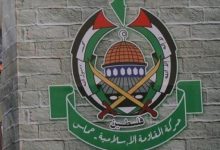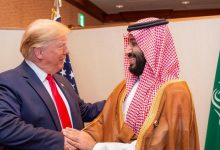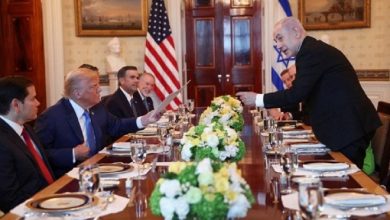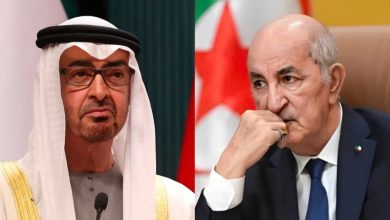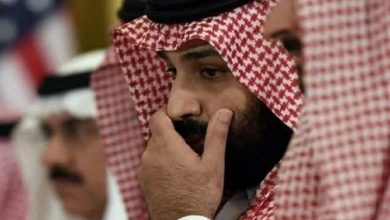Qatar’s Diplomatic Hot Seat: Navigating Global Politics Amidst Crisis
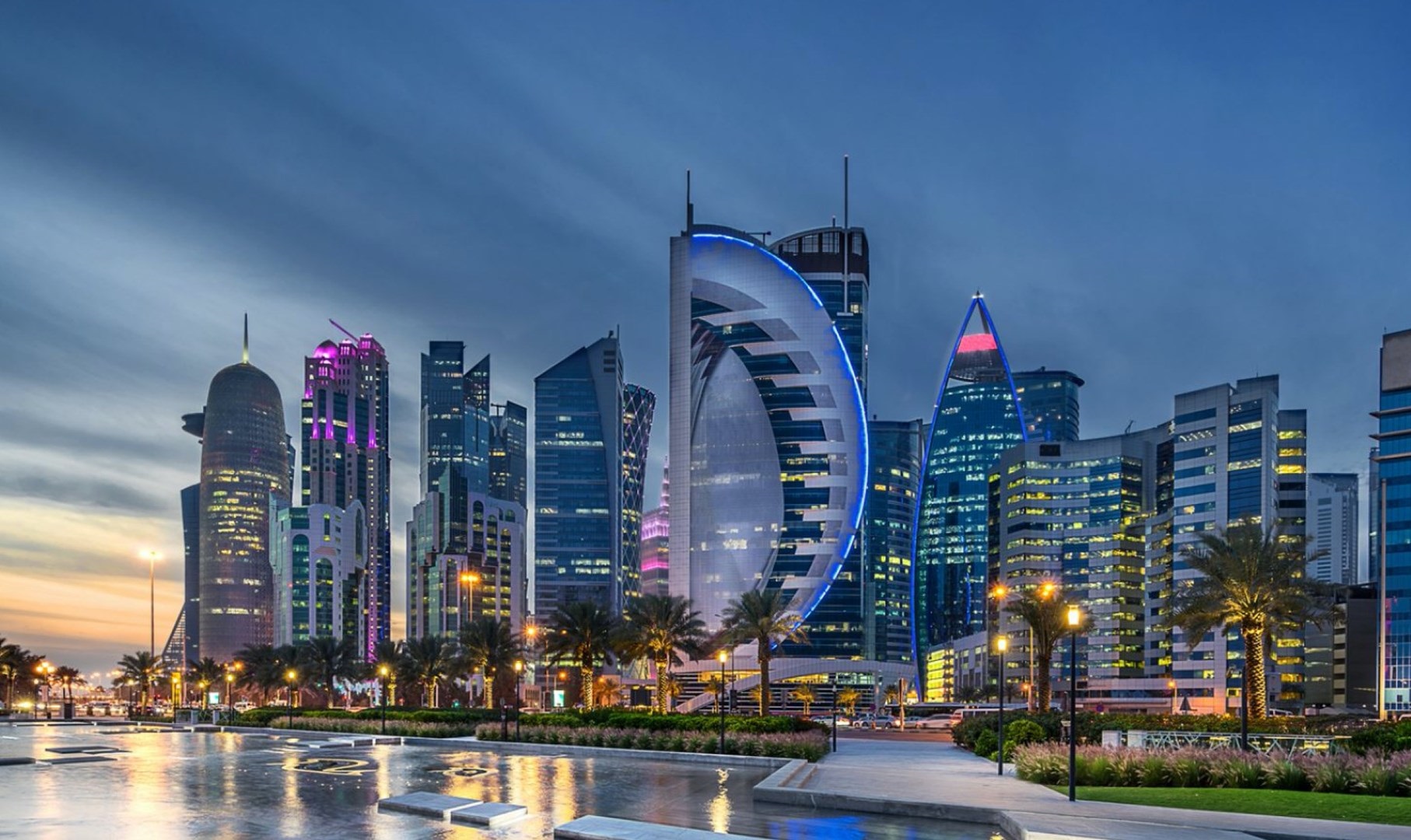
Watan-The discovery of natural gas in Qatar in the 1970s was an economic boon that transformed the country and its rulers for a long period. Since then, the ruling Al Thani family in Doha has been spending these funds to build a global brand for the state, while enhancing diplomatic relations with powerful allies and sometimes unlikely ones.
In today’s Big Take podcast, Bloomberg Wealth reporter Devon Pendleton joins host Sarah Holder to track Qatar’s meteoric rise and its ruling family, discussing how conflicts such as the war in Gaza and escalating tensions in the Middle East have made the country’s mediating role more crucial than ever.
Bloomberg published an edited version of this conversation as follows:
Sarah Holder: Our story today begins at the Sheraton Hotel in Doha, the capital of Qatar… Devon Pendleton: It’s right on the beach. A five-star resort, very dramatic. It’s somewhat pyramid-shaped.
Holder: This is Devon Pendleton, who covers wealth affairs for Bloomberg.
Pendleton: Truly an extraordinary place. I mean, there’s nothing quite like it in the world.
Holder: Very nice hotel… lots of amenities… hundreds of rooms. But that’s not what makes it particularly special.
Because this hotel – in the midst of a country half the size of Vermont – has become something of a nerve center for global politics.
Pendleton: It’s a kind of diplomatic hot spot through hotels.
Holder: So, this isn’t just any old Sheraton.
Pendleton: Certainly not. I mean, it’s tied to Qatar’s identity, which serves as a mediator to the world, as a place where all different factions can come together for some kind of mediation in tough conflicts.
Holder: This hotel in particular hosted representatives from the United States and the Taliban to negotiate the U.S. withdrawal from Afghanistan. Russia and Iran met here to negotiate energy policy amid Western sanctions. In the past six months, Qatar has participated in ceasefire negotiations between Israel and Hamas. It’s also involved in delicate balancing acts to ease tensions between Israel and Iran, after the two countries exchanged military strikes this month, increasing the risk of a larger regional conflict.
Qatar: A Diplomatic Hotspot
Qatar didn’t become a diplomatic hotspot by accident; it’s the result of a decades-long campaign. Over the past thirty years…
Holder: Perhaps Qatar’s central role in Middle Eastern affairs today was surprising even a few decades ago.
Pendleton: So, for a long time, this small country, somewhat on the edge, it’s on a peninsula attached to the Gulf…
Holder: Wealth reporter Devon Pendleton says for years, Qatar had to fight for its existence…
Pendleton: And for a long time, it was at risk from powerful neighbors, strong tribes, from Bahrain and Saudi Arabia. And it was under British protection for a number of years. The country was very different from what it is today. Their main source was a port serving various incoming and outgoing ships for goods and also diving for pearls, which was a kind of fundamental economic pillar in the region at that time. Obviously, that didn’t bring in a huge amount of money. It was a very poor state.
Holder: That began to change in the 1940s when Qatar discovered oil reserves. And the real game-changer for Qatar came in the 1970s when it found it was also sitting on a lot of natural gas.
Holder: Today, Qatar is one of the largest exporters of natural gas in the world. This tremendous growth has been particularly good news for the ruling family in Qatar: the Al Thani family.
Pendleton: So, the Al Thani family has been the ruling family in the country for generations, and they are a very, very large family and hold most of the truly important leadership roles in the country, the Emir and Prime Minister, the Foreign Minister – the Al Thani, they are basically the leaders of the country.
Holder: In other words, Qatar’s unexpected gains mean unexpected gains for the Al Thani.
Holder: Can you guide us as to how, how wide is the Al Thani wealth?
Pendleton: It’s very wide to the point where it’s almost really difficult to pin down a number, and much of it is because there’s a degree of opacity between state funds and personal wealth.
Holder: All in all, Devon says the Al Thani family has a net worth of at least $150 billion – making them one of the richest families on this planet. And it could be much higher than $150 billion. That’s what Devon heard when asked for comment on the findings.
But what’s truly remarkable is what the Qataris have done with that money and how effectively they’ve reinvested it. I mean, they’re incredibly smart investors. And a lot of their investments have a big tie-in to promoting Qatar as a brand.
Holder: The family has invested billions around the world, acquiring large stakes in banks, like Barclays, and shares in some well-known luxury companies.
Pendleton: Some of those are somewhat known, perhaps you’ve heard of the French department store chain Printemps. They own that. They own some truly well-known luxury brands like Valentino, for example, they own 70% of Valentino. They also own some really beautiful hotels in London, for example, the Connaught Hotel, the Claridge’s Hotel.

